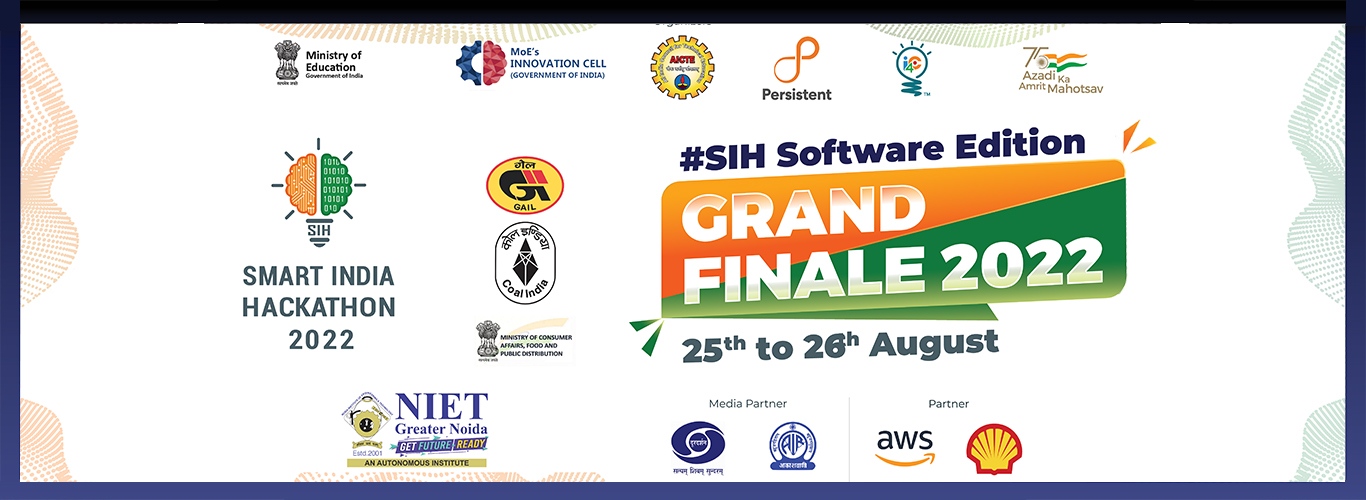Young people have always been drawn to careers in computer engineering. But recently, due to the advancement in information technology and applications, the field of computer science is becoming even more lucrative.
After completing engineering from computer science students often get confused over where to start their job hunt. They also struggle with deciding whether to work in the private or public sectors. Fortunately, as the industry is extremely constantly expanding there is a plethora of jobs along with a high pay scale.
In this article, we have compiled a list of jobs that are available for computer science engineers. However, first, we are providing a detailed list of government jobs for computer science engineers that are available in India
Also read: Computer Science Engineering: Emerging Trends and Branches
Best government jobs for Computer Science Engineers
Government jobs bring stability as you receive a regular payment, bonuses, and a pension after retirement. In India, key recruiters such as ISRO, BARC, NPCIL, and IES are hiring BCS graduates.
Let’s have a look at some of the available government jobs after computer science engineering:
1. Computer scientist or engineer at ISRO
The ISRO conducts a Scientist/Engineer exam to select the most deserving candidate for the available vacancies. Candidates who have completed their BCS/ B.Tech with a first-class grade point average of 65 percent or a CGPA of 6.84/10 can take part in the exam.
The annual pay for fresher Software Engineers at ISRO ranges from 3.5 Lakhs to 4.8 Lakhs.
2. National informatic Centers Scientist B
Along with a graduation degree in BSc, there is a specific categorization of candidates at NIC However, applicants can apply between 30- 43 years of age.
The average National Informatics Center Scientist B salary in India is from 12.2 lakhs to 11 lakhs.
3. IT Manager
Besides the skills that an IT manager is expected to have, a Bachelor’s degree in computer science is normally required. A broad major, such as information technology or management information systems, will put you ahead of the competition.
The average salary for an IT Manager in the Government of India is 17,20,504 INR per annum.
4. Data Analyst
To get a job as a data analyst the candidate should have strong knowledge in areas such as data analytics, artificial intelligence, machine learning, and business intelligence technology.
In India, the average beginning salary for a Data Analyst is roughly from1.8 Lakhs per year (15.0k per month) to 11.5 lakhs per year (95.8 lakhs per month).
5. Computer Operator
A computer operator is a wonderful option for recent BCS grads since it allows you to gain hands-on experience in identifying and fixing system issues, executing data processing, and maintaining and repairing computer equipment as needed.
For a beginner, the average Government of India Computer Operator pay is 1.7 Lakhs per annum. The average salaries in the Government of India range from 2 Lakhs to 3.2 Lakhs.
6. Programmer
It is necessary for computer programmers to have a Bachelor’s degree in computer science, mathematics, or information systems, as well as knowledge of at least one programming language. Computer programmers are paid 15600-39100 INR plus a GP of 5400 INR in government organizations in India.
7. Administrative Jobs
Joining an administrative government department gets you the most prestigious and highest-paying jobs in the government sector. You can clear some competitive exams and can join the IAS, IPS, IFS, IES, and many other PSU sector companies. You can also join the Indian army and railway sector after doing your BCS.
Also read: Top 7 Reasons to Pursue a Bachelor Degree in Computer Science Engineering
Private Jobs for Computer Science Engineers
Now let’s have a look at some of the private jobs for computer science engineers available in India:
1. Senior software developer
Software engineers analyze user needs, create programs, test new software, and enhance it. The average salary for an application software developer is 501,874 INR. An entry-level, software developer can earn roughly 345,016 INR per year.
Read more: Software Developer Interview Questions And Answers 2022
2. Software architect
A software architect makes high-level design decisions and develops technical specifications including comprising tools, software coding standards, or frameworks.
The average pay for a system software developer is 589,581 INR. With less than a year of experience, an entry-level system software developer can make roughly 460,000 INR per year.
3. Computer scientist
Computer scientists employ technology to work on space research, searching for flaws in the gene code of deadly viruses and developing software that allows autonomous drones or robots to perform their given tasks.
Freshers (with less than a year of experience) in computer science can expect to earn roughly INR 6 lakh per year while experienced ones can earn up to 14 lakh per year.
4. IT Project manager
An (IT) project manager plans and executes projects to assist organizations to accomplish their IT goals. IT project managers may oversee initiatives to implement new software solutions, scale IT processes, or transfer cloud hosting for a business.
Project Manager salaries in India range from 4.8 Lakhs to 26.0 Lakhs per year, with an average yearly income of 14.2 Lakhs.
5. Data Engineer
Data engineers create systems for gathering, handling, and transforming raw data into usable information that data scientists and business analysts can use. Their ultimate goal is to make data usable so that businesses can utilize it to analyze and optimize their performance.
Data Engineer salaries in India range from 3.3 Lakhs to 20.2 Lakhs per year, with an average yearly pay of 8.1 Lakhs.
6. IT Security Consultant
Security consultants assist businesses and organizations in securing their information technology systems and networks. These individuals frequently collaborate with several clients to assess existing IT operations, do penetration tests, and discuss problems and solutions with managers.
A cybersecurity consultant’s annual pay ranges from INR 5 to 6 lakhs.
7. Cybersecurity Engineer
A cyber security engineer creates and deploys secure network solutions to protect against hackers, cyberattacks, and other persistent threats. They also test and monitor systems on a regular basis to ensure that all of the system’s defenses are up to date and functioning properly.
In India, the average beginning salary for a Cyber Security Analyst is roughly 3.0 Lakhs per year (25.0k per month).
Takeaway
As previously said, there are numerous possibilities that exist in the field of computer science that provides not only a strong start in your career but also tremendous progress in a short period of time. So, if you’re interested in creating new software tools, frameworks, and systems, a career in computer science could be for you.
Make your dream career at NIET
NIET has cutting-edge laboratories as well as the most knowledgeable technical experts. They provide great learning opportunities in order to align their training with industry needs. Furthermore, the institute provides candidates with full placement assistance. If you want to know more about the courses and institute check out the link https://www.niet.co.in/btech-computer-science-engineering.php
Also Read About:
Top 10 Engineering College in Delhi NCR










